Food Certification And Blockchain.
15 Aug 2019

Many people in modern-day society have dietary restrictions, whether, by religious or medical means, people spend a fair amount of time in confusion about what they can and can’t eat. The long list of requirements for special diets are often not by choice and for some shoppers it can seem daunting in day to day life, combing through the shelves searching for that specific product safe to consume, but the reality is, it may not be.
For those that suffer from dairy or gluten intolerance, most would think looking for labeling on packaging’s like gluten-free or lactose-free would be fairly simple but not so for others, it may be a religious requirement like Kosher or Halal. Religions with different dietary restrictions often require certification to be able to call their products such. It may seem simple but abiding by these certifications means meeting certain requirements.
So what is halal and Kosher, without going into specifics of each?
Both have certain rules around the consumption of food and drink and strong restrictions around animals having a happy life prior to consumption and in this day and age when additives and processed food are preferred and free-range is a rarity, it is very difficult to abide by these rules when trying to do the right thing.
Stated in an article guide on Kosher Certification listed in What Does Kosher Mean?
The process of kosher certification has been radically affected by deep changes in the food industry and by the fact that more than 80% of the products offered by the industry contains pre-processed ingredients. More to the guide here
So this means that while most ingredients are listed on a packet, that does not mean all are listed there, they may have added an ingredient in small amounts but enough that it isn’t necessary to be printed, This can affect all those abstaining whether it be religious or medical. No one wants that person who suffers from lactose intolerance accidentally eating an unknown additive although small, may contain dairy.
This is just the necessity for people who MUST have these selected foods without even delving into paleo, keto, organic, vegetarian or veganism unleashing a whole range of people with needs that aren’t being met. As the world grows more self-aware of the foods we are ingesting, a vegetarian cannot have the same equipment prepared for their food as other dishes, any cross contaminating of any animal product in a vegetarian or vegan product completely eliminates it claims to be so. You can only imagine their horror at discovering they may eating animal product all along. Listed in an article on healthy living. More to the article here
So the safer choice that was always to gravitate towards products listed as specifically meeting those requirements is now frustratingly unclear, so you can imagine trying to find an allergy-safe option seems almost impossible with misleading information shared on what might be in food. For those people that do suffer from food allergies can’t afford to try it and find out, with life-threatening results for some. So why is there not a way to check if a product can be consumed safely? Well, there is, and the technology is available and the evidence of its necessity seems clear from the desperation of consumers for clarity. Let’s take Halal butter as an example in this case.
Veridoc Globals patented QR code blockchain solution involves embedding a QR code on an item with a unique digital hash inside the QR code. The hash holds a string of information that is then placed on the blockchain network for security, verification, and validation. By using a QR code reading app on any smartphone, a customer can scan the QR code on a product, and receive the necessary information, in this case, Certification.
Try it now with the image above. Download the free VeriDoc Global App from the Play or App store now. Scan the QR code in the image and try out the technology today using any smartphone.
Another customer may be looking for a more gluten-free option and isn’t completely sure, they can scan the products QR code and see. It can also add time and location stamps for production traceability if the customer wants further assurances of the standard with which the product was kept, along with any additional information such as batch numbers for product recalls, recipes and pairing foods of the same specialty requirement and of course whether animal products were used in the preparation.
VeriDoc Globals finished blockchain-based technology won’t just hold suppliers accountable for the products they advertise but impact the food industry all over the world as the questions become more and more frequent and asked more often, the answer to all life’s food mysteries may soon be ‘scan it and see’ the ultimate answer to all our food-related questions.
This article was written by Reneé K. To learn more about VeriDoc Global’s software and how it can be of benefit to you or your organization, please visit the website at www.veridocglobal.com







 Brand Trust
Brand Trust





























